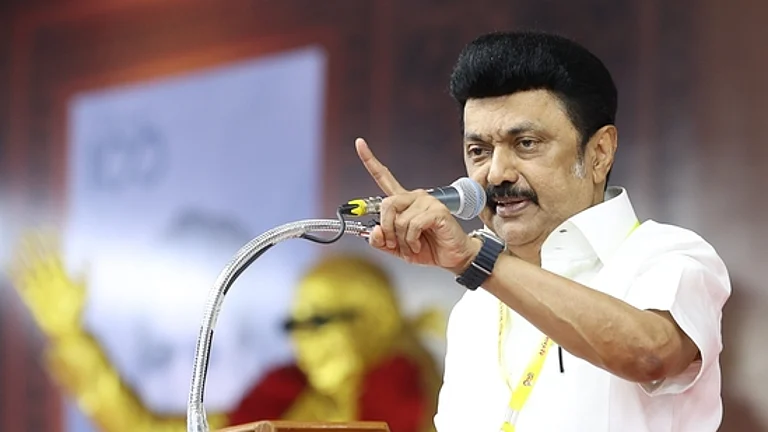This column hinted on May 19 there was conflict between Jiang and Hu. On July 1, nyt columnist Joseph Kahn confirmed this. He reported on the growing rivalry between the two. Jiang, who continues to head the Central Military Commission, wields the real power.
The Bush caucus, scenting trade and profit, seems to overlook security interests. America wants to consolidate Hu in the hope that globalisation will gradually democratise China. For that, the Bush caucus used the Vajpayee visit to build up Hu with a diplomatic victory on the international stage. Hu might have been sincere in making commitments to America about curbing Pakistan's militancy in Kashmir.
Alas! Hu may only propose. Jiang will dispose. Power struggles in totalitarian regimes may be fuelled by personal ambition, but they are cloaked in ideological differences. If Jiang wants to demolish Hu, the most obvious step would be to make Hu's commitments to the US fail and convert the Vajpayee visit into a disaster.
General Aziz and the Pakistani hardcore generals he leads, as well as the isi rank and file, look up to the PLA as their mentor. It would be the easiest thing for Jiang to have violence increased dramatically in Kashmir. Even more extreme, the rug could be pulled from under America's feet by the army overthrowing Musharraf.
The Pakistanis will demand Kashmir or, short of that, its independence. Will America confront China? Most likely it'll pressure India to accept this formula. The question of any Indo-Pakistan confederation, of course, does not arise.
Vajpayee has plunged into signing agreements with China by going against the current political wind. In days to come, he may have to reap the whirlwind.






















